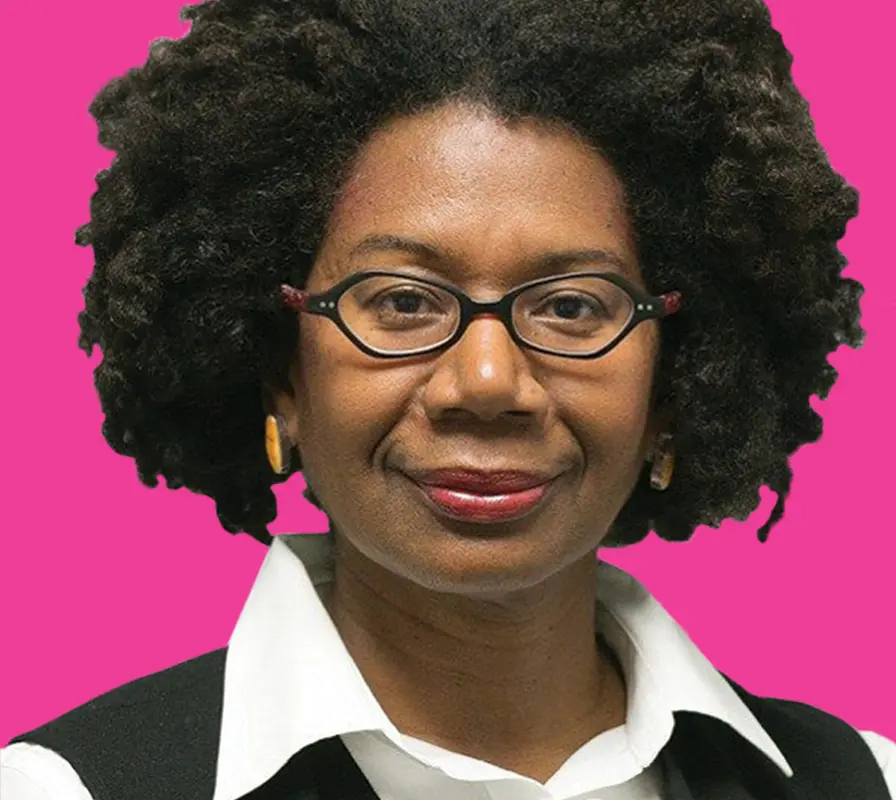Good friends are worth their weight in gold. They provide you with emotional and practical support and make you feel valued. Time spent with good friends always seems to fly.
Contrast the uplifting moments you share with good friends with the time you spend with people who leave you feeling drained. Time crawls more slowly than an injured tortoise and tempts you to think about moving — without leaving a forwarding address.
Negative people can be constant complainers. Or maybe they criticize you or make unpleasant generalizations about other people. They’re glass-almost-empty kind of people, and sometimes you wonder, Is it them or is it me?
“We often think development happens when we’re kids and teens, but there is a continuing adult development stage that sometimes includes looking at friendships,” explains Dr. Tiffany Lippens, a registered clinical psychologist at Clinic Psychology Manitoba (clinicpsychology.com). “It can be very healthy to see this as your time for things that are meaningful and in alignment with your values. And that would include having people around you that fit.”
So, maybe it’s time to assess the qualities that make someone a good friend for you. Dr. Frederick Grouzet, associate professor of psychology at the University of Victoria, who conducts research on personal goals and values, says, “A friend might be someone you feel good with but not necessarily someone who you always agree with.” He adds, “It’s good to have friends who disagree with you because that could be a way to grow as a person and address challenges.”
We often think development happens when we’re kids and teens, but there is a continuing adult development stage that sometimes includes looking at friendships.
Psychologist Dr. Emily Blake, clinical director at Montreal’s Blake Psychology (blakepsychology.com), agrees. “People don’t need to be the same to get along, as long as there is mutual respect and the possibility for discussion and common ground.”
For relationships to thrive and endure, it’s important to share your perspective with a kind and tactful approach.
“It was eye-opening when I first started researching relationships. Some arguments potentially arise out of perception and how actions or words are appraised,” says Dr. Mariana Bockarova, who teaches a course called The Psychology of Relationships in the University of Toronto’s School of Continuing Studies. “The nice thing is, the key to making relationships work is as cliché as it sounds: communication.”
As the years go by, we change and grow, and people are not mind readers, Blake notes. “Factors that contribute to how we set boundaries might change over time, so it’s good to check in with others.”
Blake, who specializes in interpersonal difficulties, defines boundaries as “the spaces around and between people. They help people feel safe.”
Violence, racism and sexism are non-negotiable boundaries, but when other boundaries are crossed, says Blake, you can respond with respect.
For example, if an acquaintance stands too close for your comfort level, you can shift away a little. A friend insults you? Let them know their comment hurt your feelings. Your grandkids launch into a long conversation when you’re rushing out the door. Tell them you’re pressed for time and ask if it’s urgent or if you can talk later. Your daughter borrows the lawnmower without asking — tell her she’s welcome to use it, but you’d prefer that she ask first.
Grouzet says that when you address issues depends on you and the person you need to speak to, “but it’s important not to procrastinate.”
Telling people how you feel puts yourself out there, says Lippens. “There’s vulnerability in explaining or letting the person know when something they’ve said is offensive or gets interpreted in a particular way without knowing how they’re going to respond.”
Say you repeatedly tell your friend she hurts your feelings when she snickers about your challenging but rewarding relationship. You don’t feel heard or haven’t received the apology you expected, and you are left feeling like the light that shines inside you has dimmed.
“There’s a philosophy in life called ‘win-win’ or ‘no deal.’ This means if the relationship cannot feel like a win-win, then perhaps it’s not a relationship that is meant to be,” says Blake. “While compromise can be important, being so flexible that you bend way beyond your values can lead to a win-lose dynamic, which will most likely end up in a lose-lose dynamic.”
Before you pull the plug on a no-win relationship, Lippens stresses the importance of knowing that you really tried to communicate your perspective. “That helps people to get to a place of being peaceful with the decision.”
Lippens recommends sitting down for a conversation, but if it’s a demanding person and you’re unsure that you’ll be able to stand your ground, write out your thoughts. “At the end of the note you can suggest a future conversation. Often, you may have a similar social circle, so there’s a desire to leave it in a place where, if you run into each other, you feel OK saying ‘Hi.’”
You can also take a less intimidating approach to ending a relationship. You might simply tell the person you need a break to focus on your own mental or physical health.

How to manage negative situations
We don’t want to be perceived as troublemakers. We want to appear nice, we doubt ourselves, we fear the consequences. “We are shocked. We don’t have the words. We’re in a state of fight, flight, freeze or fawn — please and appease,” explains psychologist Dr. Emily Blake, clinical director at Montreal’s Blake Psychology. So here are some communication tools to help you say “no” to negative people.
Implementation intention: Psychologist Dr. Frederick Grouzet, associate professor of psychology at the University of Victoria, suggests you plan ahead. “Determine before the event what you’re going to do if something happens. For instance, if your friend says something negative about your new woodworking hobby, then you will say or do something specific in response.” Implementation intentions are “if … then” statements that prepare you to face uncomfortable situations.
Boundary map: Dr. Mariana Bockarova, who teaches The Psychology of Relationships at the University of Toronto’s School of Continuing Studies, suggests you identify earlier experiences when you felt discomfort, anger, resentment or frustration with people. Clearly define what your intellectual, emotional, physical and spiritual boundaries are with the different people in your life. Then create a chart outlining what you feel comfortable sharing with each individual.
Broken-record technique: You say, “I’m not able to do that,” and when the person comes up with another reason why they want you to do something you don’t want to do, repeat yourself, says Dr. Tiffany Lippens, a registered clinical psychologist at Clinic Psychology Manitoba. “We think we need to come up with another reason why we can’t do it. The broken record is ‘No, I’m not able to do that,’ and I’m just gonna keep saying this until the person gets the message.”
Direct versus vague feedback: “If someone tends to take the truth well, you might be more inclined to give them honest feedback,” says Blake. “However, if you anticipate that your honesty will result in harsh consequences, you might be inclined to provide a vague answer. When you’ve been avoiding someone who is draining you, you could say, ‘Sorry I haven’t been around lately. I feel very tired and I don’t have the energy to socialize.’ Or, you can try a more direct approach: ‘I feel like the help you need is beyond what I’m capable of providing. Is there someone else who can help you? Can I connect you to other resources?’”








